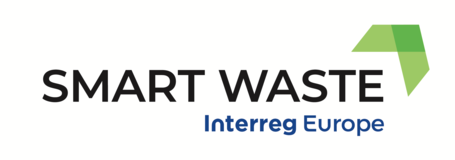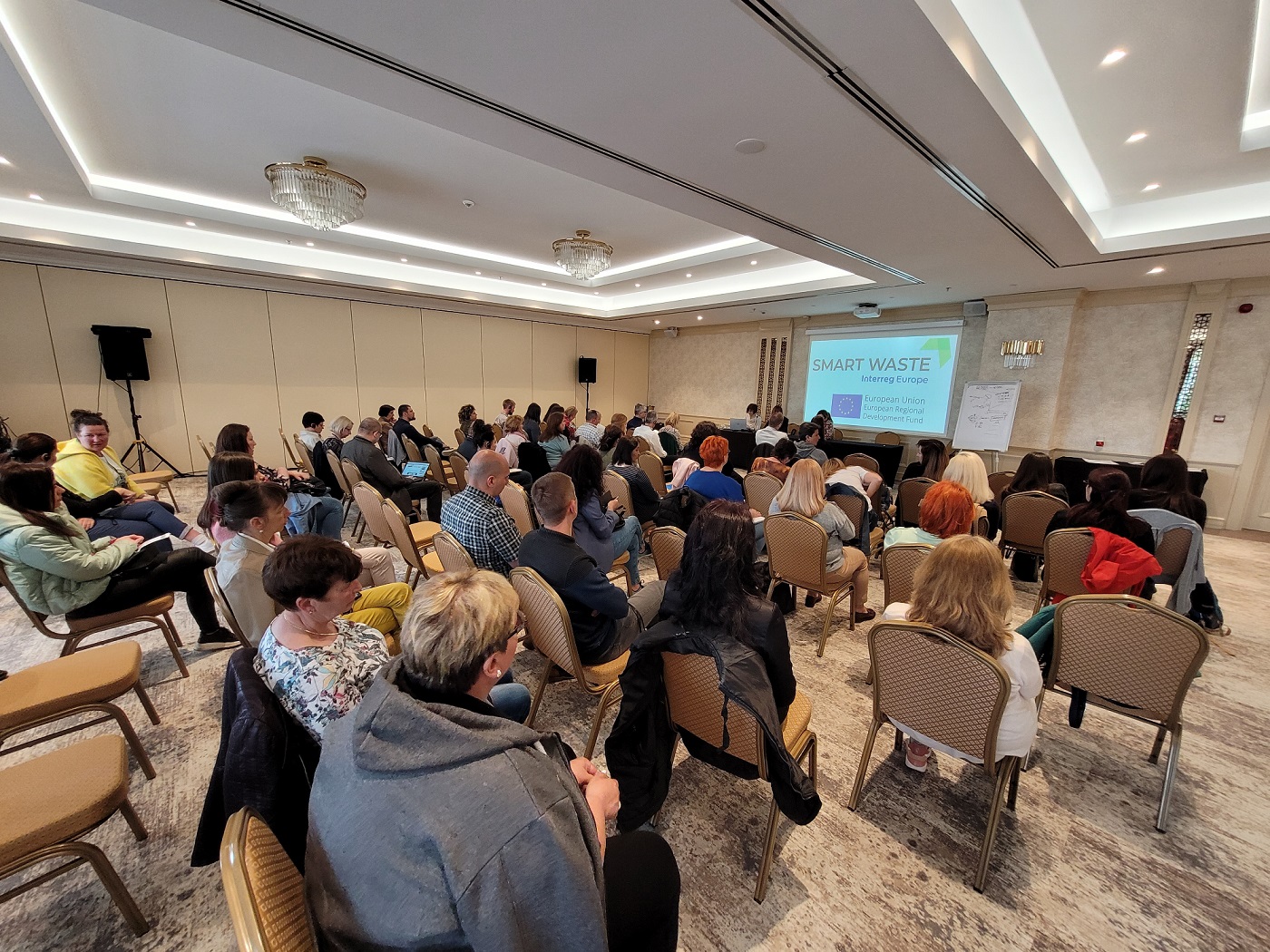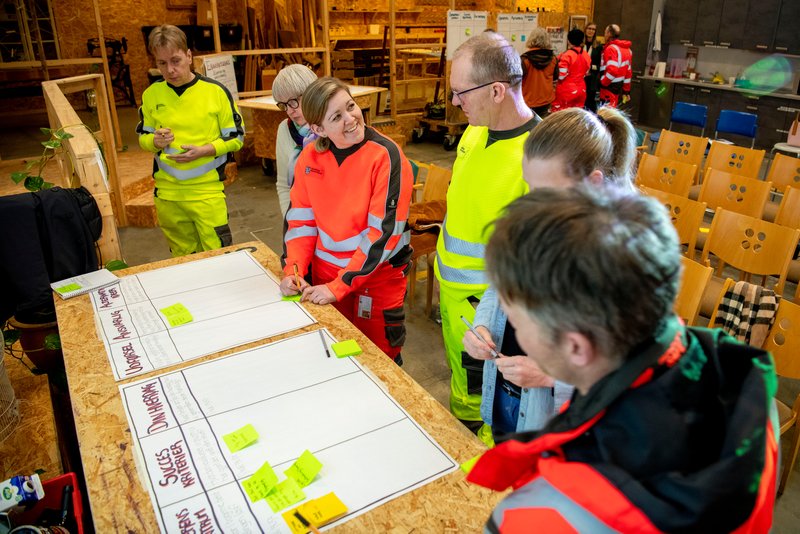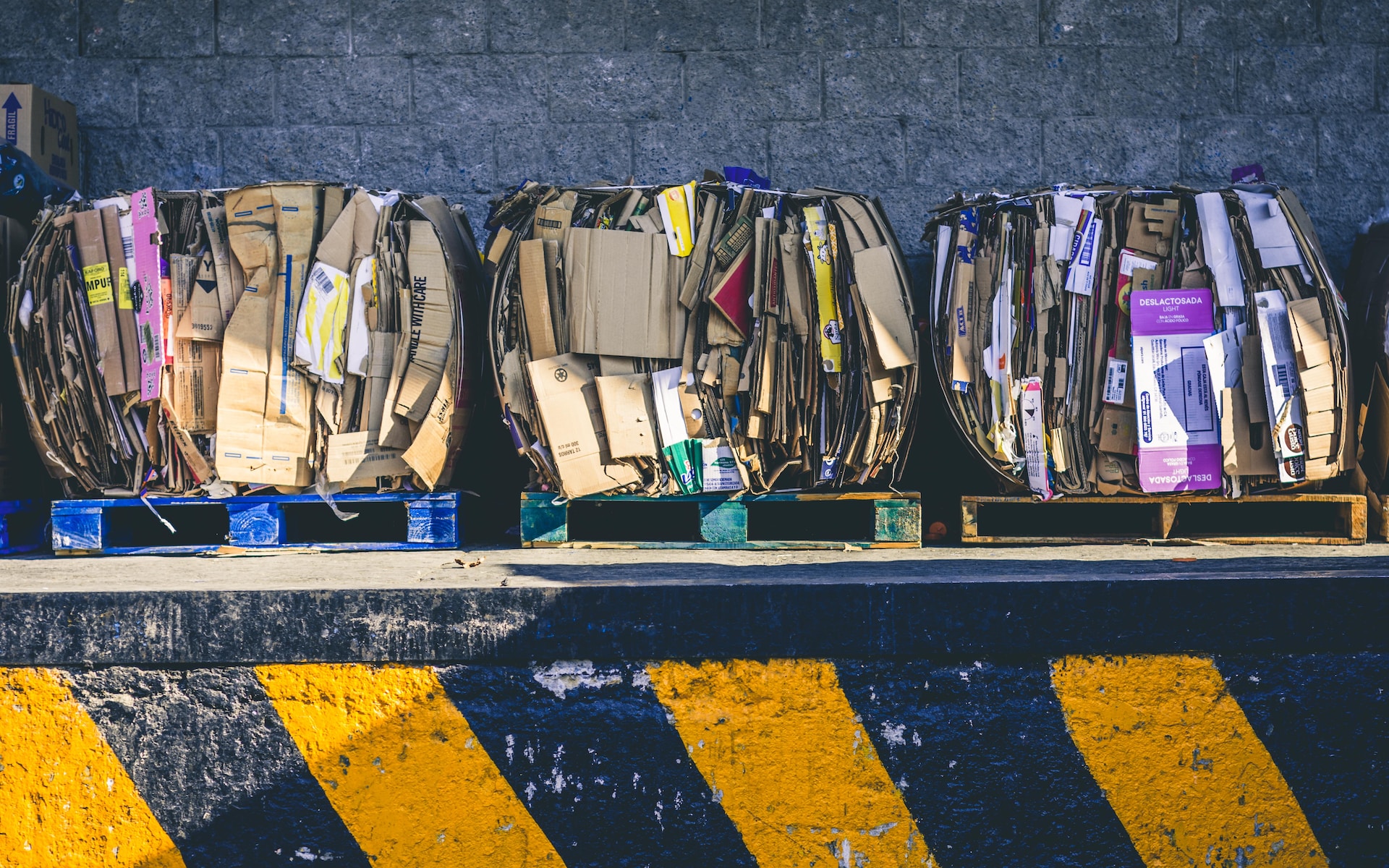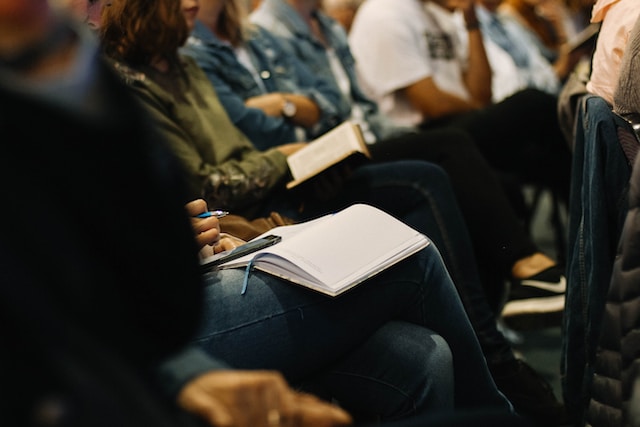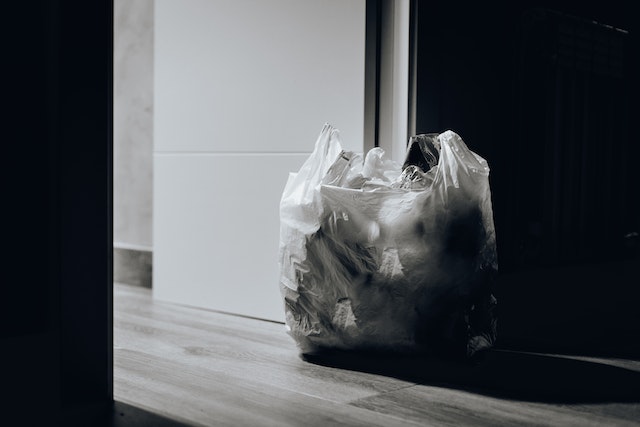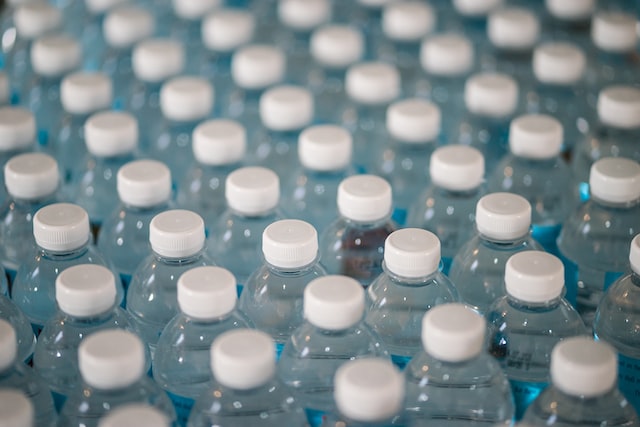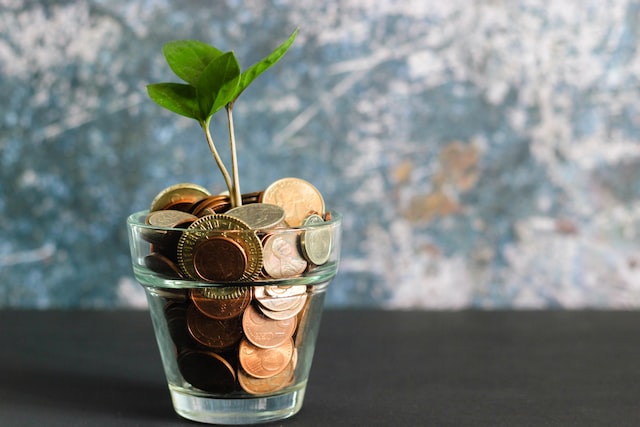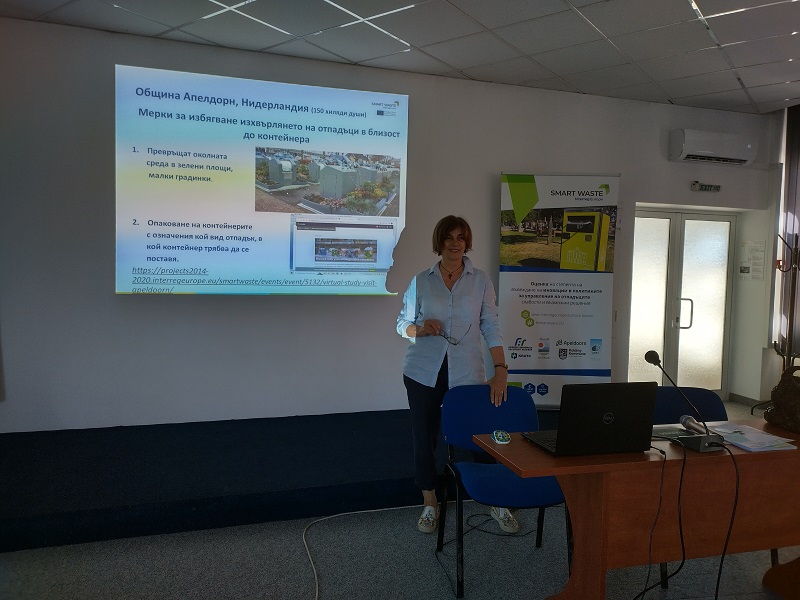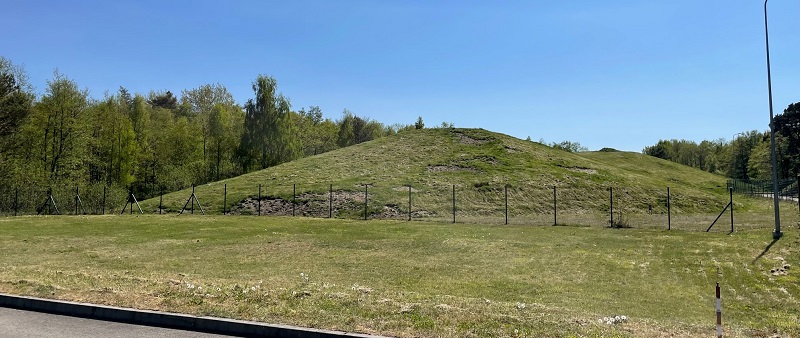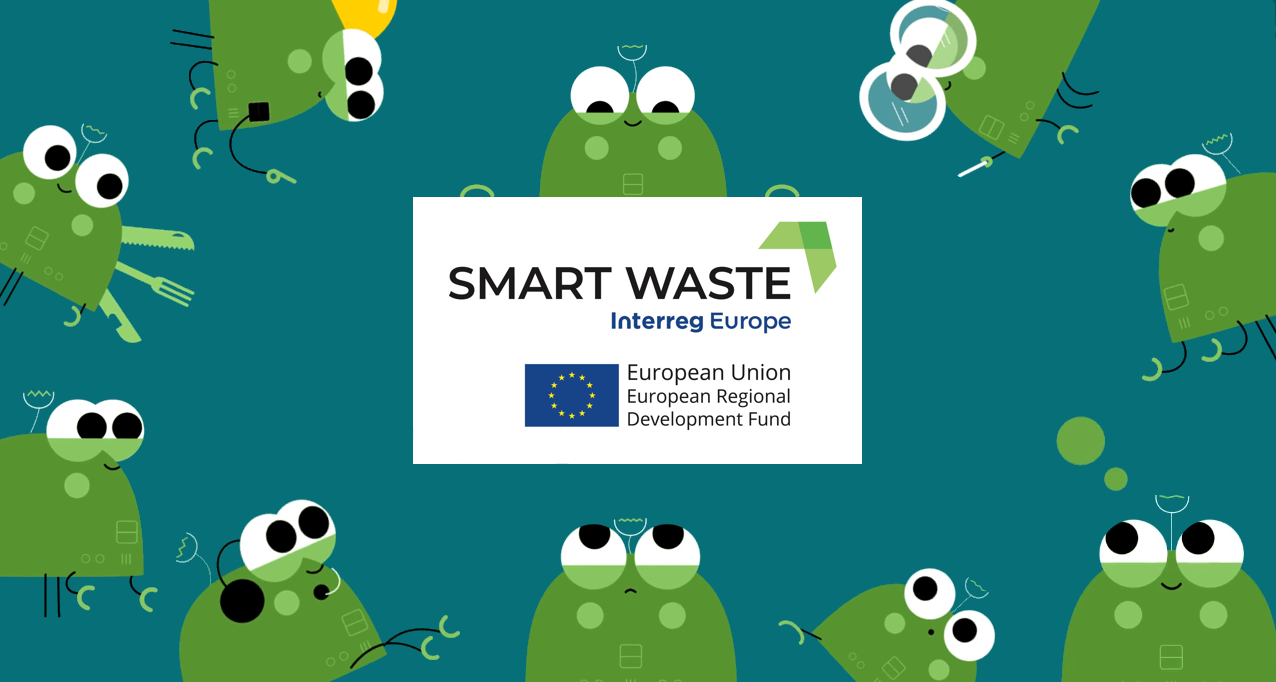Five SMART WASTE partners, namely the Lead Partner ARRR, Municipality of Kolding, Municipality of Apeldoorn and Bulgarian Association of Municipal Environmental Experts (BAMEE) met online on 4 June in order to have a focused discussion panel on specific topics of interest for SMART WASTE policy improvements development. The meeting was a follow up of three similar meetings held in the previous months, like this one.
Representatives of the Municipality of Kolding presented the planned activities related to the development of the Waste Management Plan for Kolding Municipality 2023-2030. Other topics discussed covered stakeholders involvement and evaluation of their input, defining areas of action and initiatives/projects, defining indicators and setting goals for each initiative/project, political approval and public hearing as well as the parallel track mapping and planning (legislative demand regarding quantities of waste in the past and future, etc.). The presentation proved to be of great interest to all attending partners especially due to the comprehensiveness of planned activities, the range and scope of each activity and the connection among them. Furthermore, the Municipality of Kolding shared its experience with the ongoing project SHAREPAIR - Digital Support Infrastructure for Citizens in the Repair Economy, implemented within the Interreg North-West Europe Programme. As the project aims to decrease WEEE from consumer products by scaling up citizen repair initiatives through the use of digital tools, it may be useful for SMART WASTE partners to learn more about SHAREPAIR activities.
Representatives of BAMEE shared more good practices and proposals for possible further cooperation with other European projects, namely the Interreg Europe FoodChains4Europe and Interreg Europe REDUCES projects. Both projects deal with topics of interest to SMART WASTE activities, such as supporting the creation of sustainable food chains (the former) and identifying sustainable business model for circular economy (the latter). Moreover, BAMEE underlined two examples of circular business models from Spain and The Netherlands providing solutions for construction waste prevention and recycling. The Spanish case is a shared platform for ceramics named MatMap, while the Dutch experiences are the BouwHub centres in Utrecht and in Amsterdam. BAMEE also participated in another Interreg Europe project focused on circular economy entitled CESME – Circular Economy for SMEs.
As a follow up to previous meetings' outcomes, BAMEE shared recommendations developed by a team of experts in Bulgaria during a peer review within the FoodChains4 project. Moreover, BAMEE shared more Good Practice examples, such as the Real Junk Food Project (RJFP) from the Great Manchester Region, a campaign that aims to intercept surplus edible food waste to feed "bellies not bins", and an app developed by a private company to "manage your fridge and have a waste free kitchen".
